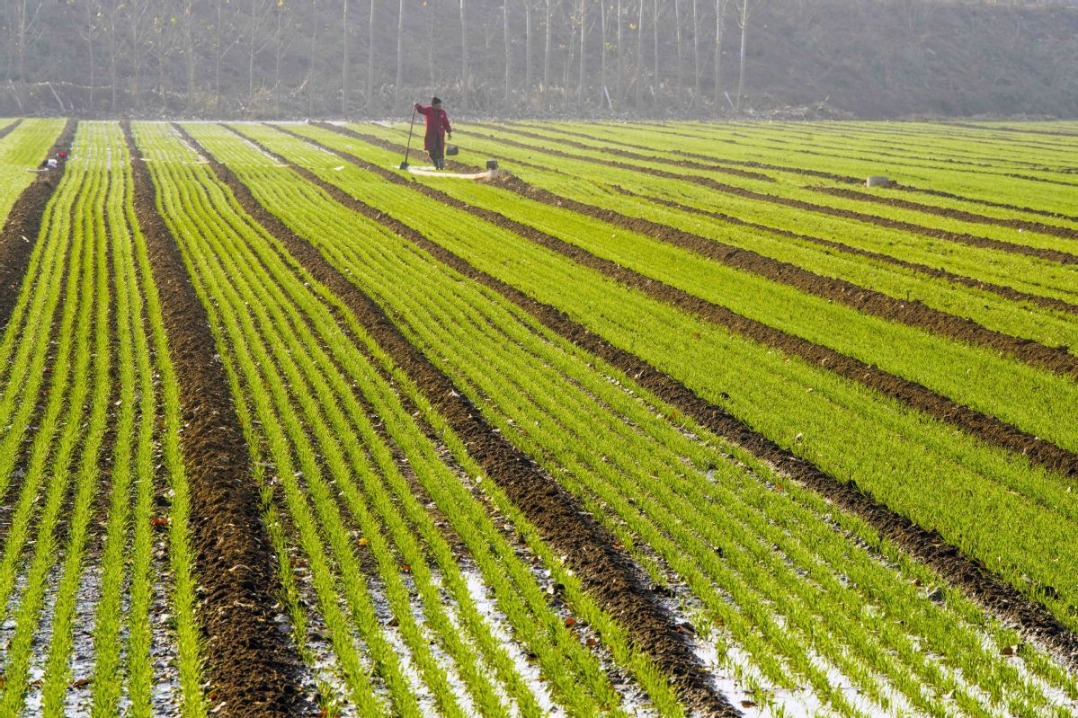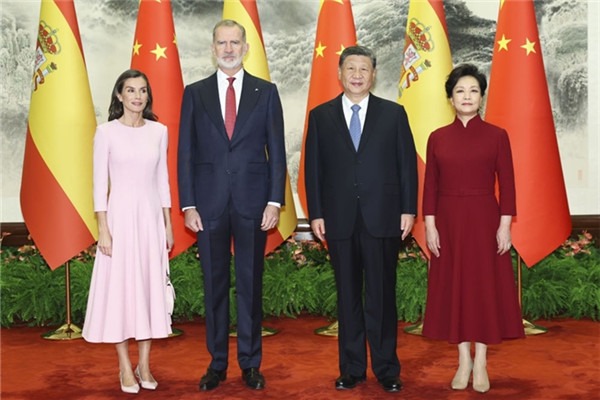New bureau to tackle fake food, drug crimes

According to the Supreme People's Procuratorate, 12,360 people were charged with producing or selling fake or substandard drugs or toxic food products last year, an increase of 5.5 percent over 2017.
Addressing a meeting of the Ministry of Public Security last week, President Xi Jinping said China should actively prevent and properly solve various social conflicts to ensure a vigorous and orderly society. He said authorities must perform their duty and crack down on crimes that affect the public's sense of safety, including food-and drug-related crimes.
Minister of Public Security Zhao Kezhi has said that crimes involving food and drug safety are often committed by professionals. Some Chinese offenders even collude with accomplices in foreign countries.
The suspects exchange information online, order raw materials for substandard food and drugs, conduct transactions and deliver the products, he said.
Li Wei of the Beijing Lawyers Association said the new department was long overdue.
"With the new circumstances in such cases, it's more than necessary to build a special investigative team that focuses on analyzing the details of the crime and compiling solid evidence and coordinating with other authorities to smash the criminal gangs," Li said.
She said China will also need to update laws on food and drug enterprises, and increase awareness about the legal obligations of business operators.
- Shanghai's Jinshan district reports economic growth
- Building an effective global communication discussed at Hunan forum
- Cleaning staff transform fallen ginkgo leaves into campus art sensation
- Chinese scientists weave tiny polymer capable of towing car
- Hebei to expand transportation projects during 15th Five-Year Plan period (2026-30)
- Nankai University scholar publishes long-lost Latin translation of Tao Te Ching





































